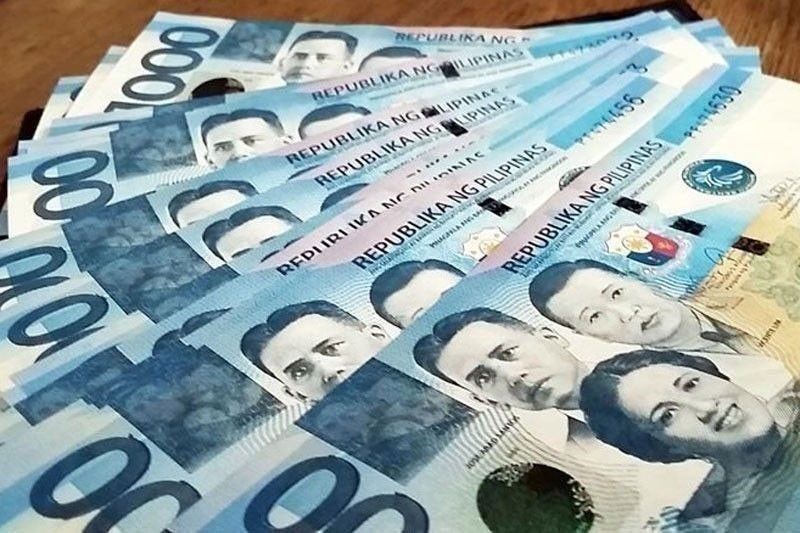Philippines bond market expands on higher government issuances

MANILA, Philippines — The Philippine bond market witnessed an uptick in the third quarter from the previous quarter, buoyed by an upswing in government issuances, according to the Asian Development Bank (ADB).
In a report, the multilateral lender said the Philippines’ local currency bond market increased by 1.8 percent to $210.3 billion in the third quarter.
The ADB attributed the growth in the local bond market to “higher issuances from the government and central bank.”
It said outstanding central bank securities grew 44.8 percent quarter-on-quarter to mop up excess liquidity in the market due to the Bangko Sentral ng Pilipinas’ reduction of the reserve requirement ratio and the expiration of pandemic-related relief measures last June 30.
Treasury and other government bonds outstanding posted a 0.3-percent growth quarter-on-quarter in the third quarter, slower than the 2.3 percent in the previous quarter.
The ADB said the government fell short of meeting its borrowing plan for the quarter, attributing this to investor demand for higher yields.
Meanwhile, the corporate bond market contracted by 2.4 percent quarter-on-quarter amid reduced issuances.
“Total corporate bonds outstanding were dominated by the property sector with a 31.9 percent share of the total local currency corporate bonds outstanding in Q3 (third quarter) 2023,” the ADB said.
When it comes to investor profile, the ADB said banks and investment houses remained the largest investor group in the economy’s local government bond market, accounting for 46.6 percent of the total in the third quarter.
Contractual savings institutions and tax-exempt institutions maintained their position as the second-largest investor group, with a holdings share of 32.2 percent.
In emerging Asia which covers the Association of Southeast Asian Nations, China, Hong Kong, and South Korea, the local currency bond market increased by 2.5 percent quarter-on-quarter to $23.5 trillion.
ADB chief economist Albert Park said inflation is expected to soften in emerging Asia in the next few years, which should allow regional central banks to have more room to support growth.
“At the same time, they should remain vigilant against financial turbulence in the face of interest rates remaining elevated for a longer period. Strengthening economic fundamentals will safeguard financial stability and support growth,” he said.
- Latest
- Trending


























